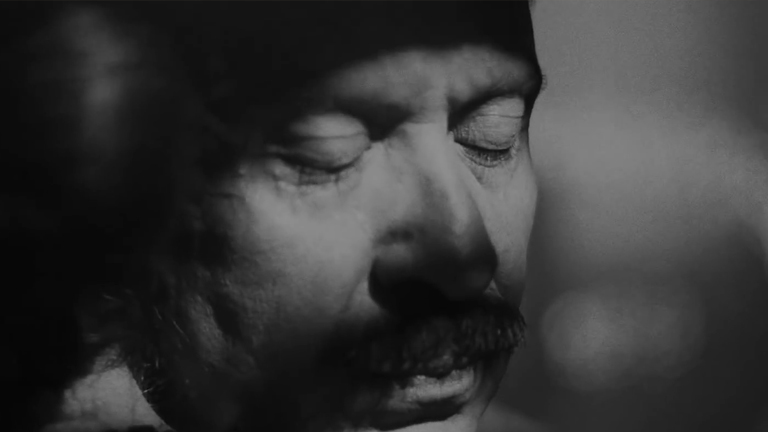Create your Playlist
Drop clips here to create a playlist Sorry, you can’t add this item to the playlist

Electric Cinema
title:
Afterlifeartist:
Arcade Firedirector:
Emily Kai BockWe Exist
Arcade Fire
Director: David Wilson
Just a Reflektor
Arcade Fire
Director: Vincent Morisset and Aaron Koblin
Sprawl II
Arcade Fire
Director: Vincent Morisset
The Wilderness Downtown
Arcade Fire
Director: Chris Milk
Neon Bible
Arcade Fire
Director: Vincent Morisset
Afterlife
That Arcade Fire are constantly reinventing themselves, is no longer a surprise to anybody. But just when the world was ready to crown them “Kings of interactive music videos” for creating yet another ground-breaking rule-changing promo for “Just a Reflektor“, they went old-school and chose linear forms of story-telling for the promos of Afterlife (the album’s second single). Or did they? It might seem that way, but the three promos by three different directors appear to be strongly inter-connected.
The lyric music video of Afterlife is more than on-screen wordplay. The promo is a modern re-interpretation of the Orpheus’s myth – the story about the classic poet who bravely attempted to rescue his wife Eurydice from the Underworld (= Afterlife).
Director and photographer Emily Kai Bock, part of the Iconoclast collective, centers her promo version around the drama of a family trying to cope with the mother’s passing away. In one of the video’s most emotional moments, the father mentally tries to “bring back” his wife by imagining them meeting and dancing again. But before he can embrace his beloved one in a post-mortem walz, father must experience a “hero’s journey.” It’s Orpheus and Eurydice all over again!
Legendary director Spike Jonze (himself back from the dead) did the live performance music video of Afterlife, choreographed for and recorded during the YouTube Music Awards. The video starts with a female character (played by Greta Gerwig) saying painful goodbyes to her partner before embarking on a journey. We like to think that this represents Eurydice’s side of the story, and her own particular voyage.
The beauty of these music videos lies in their interconnectedness, which offers a beautifully layered narrative experience – one that lingers on in your subconscious after watching. A bit like those old myths do sometimes. The lyric video provides the Orpheus / Eurydice reading key, the ‘classic’ version offers the perspective of the loved ones left behind, while the live performance shows the journey of the passing of the wife.
This, my friends, is story-telling at it’s best!
Tags: drama, live-action, love story
























